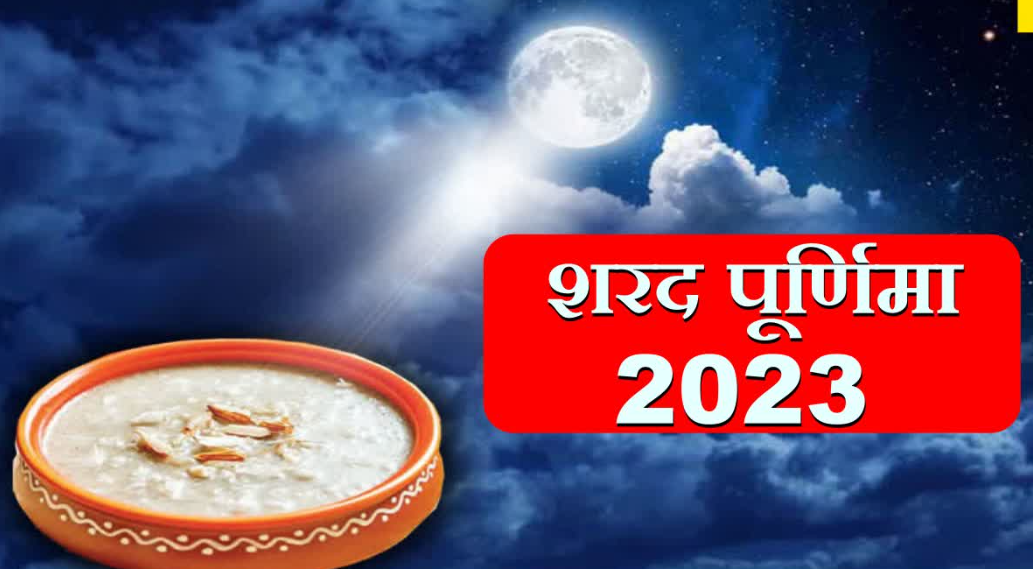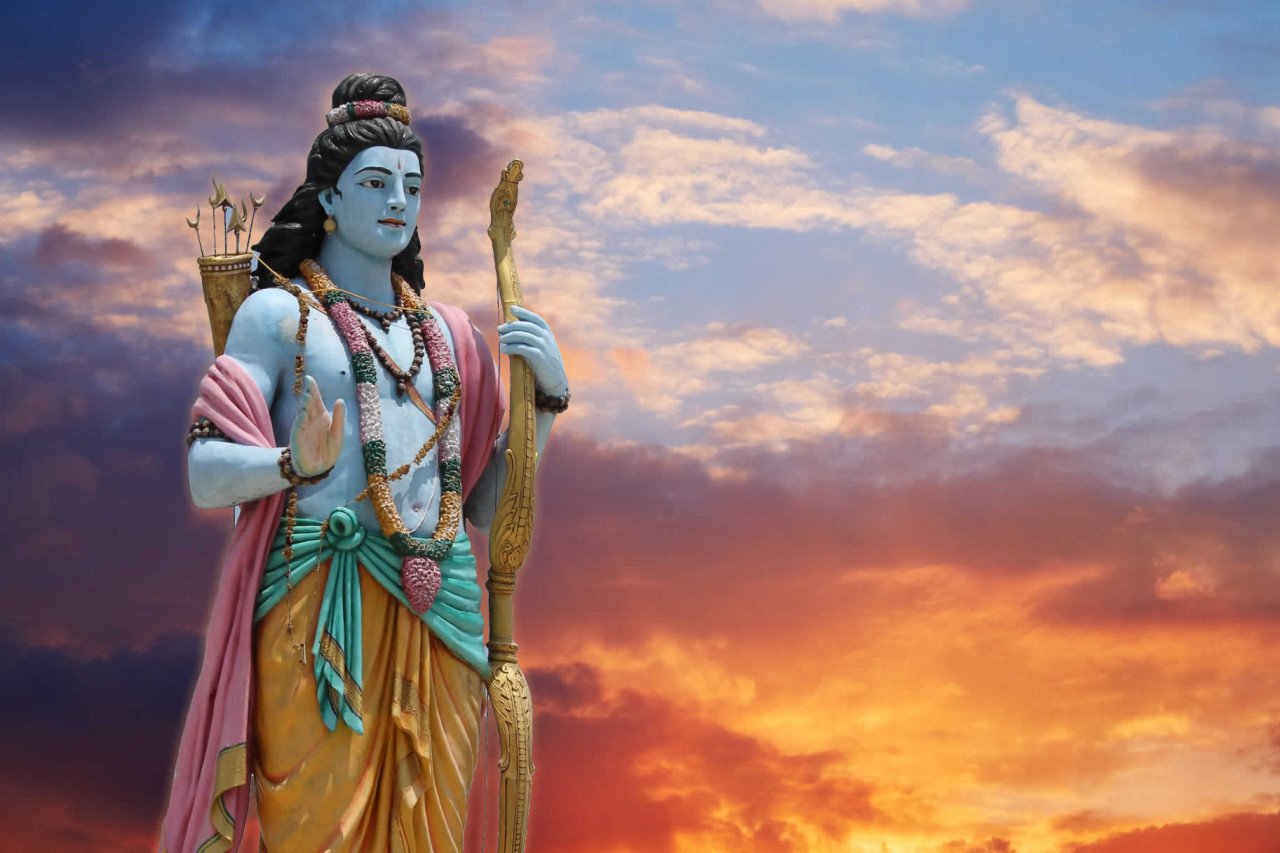Vivah Panchami
 during the month of Margashirsha in the Hindu calendar. It marks the ceremonial marriage anniversary of Lord Rama and Goddess Sita. Vivah Panchami is a popular Hindu festival Vivah Panchami, the auspicious day of Lord Rama and Goddess Sita’s wedding, is celebrated with great fervor and enthusiasm in Ayodhya, the birthplace of Lord Rama, and Janakpur, the birthplace of Goddess Sita. On Vivah Panchami, devotees visit temples dedicated to Lord Rama and Sita to offer their prayers and blessings. They may also participate in reenactments of the wedding ceremony through processions, dramas, and recitals of key scenes from the Ramayana. Many people also observe fasts, recite prayers, and read or listen to the Ramayana on this day to seek the blessings of the divine couple for a happy and harmonious married life.
during the month of Margashirsha in the Hindu calendar. It marks the ceremonial marriage anniversary of Lord Rama and Goddess Sita. Vivah Panchami is a popular Hindu festival Vivah Panchami, the auspicious day of Lord Rama and Goddess Sita’s wedding, is celebrated with great fervor and enthusiasm in Ayodhya, the birthplace of Lord Rama, and Janakpur, the birthplace of Goddess Sita. On Vivah Panchami, devotees visit temples dedicated to Lord Rama and Sita to offer their prayers and blessings. They may also participate in reenactments of the wedding ceremony through processions, dramas, and recitals of key scenes from the Ramayana. Many people also observe fasts, recite prayers, and read or listen to the Ramayana on this day to seek the blessings of the divine couple for a happy and harmonious married life.
In some regions of India, particularly in Ayodhya (Lord Rama’s birthplace), Janakpur (Sita’s birthplace), and other places associated with the Ramayana, elaborate celebrations and fairs are organized to commemorate the wedding of Lord Rama and Sita. People come together to celebrate the love and devotion of the divine couple and to strengthen their marital bonds.
Vivah Panchami is a reminder of the importance of love, devotion, and commitment in marriage. It is also a time to reflect on the values that Lord Rama and Goddess Sita represent, such as righteousness, compassion, and self-sacrifice.
Why don’t people get married on Vivah Panchami?
There are two main reasons why people don’t get married on Vivah Panchami:
The hardships faced by Lord Rama and Goddess Sita after their marriage. According to Hindu mythology, Lord Rama and Goddess Sita faced many hardships during their 14-year exile after their marriage. They were separated from their loved ones and had to endure many challenges. This is why some people believe that Vivah Panchami is not an auspicious day for weddings.
The belief that Lord Rama abandoned Goddess Sita. After Lord Rama and Goddess Sita returned to Ayodhya, Lord Rama was forced to abandon Goddess Sita due to public pressure. This is why some people believe that Vivah Panchami is not a good day for weddings, as it is associated with the separation of Lord Rama and Goddess Sita.
Vivah Panchami Remedies: Worshipping Lord Rama and Sita and Reciting the Ramcharitmanas
On Vivah Panchami, it is considered auspicious to worship Lord Rama and Goddess Sita and to recite the Ramcharitmanas. Worshipping the divine couple on this day is believed to bring blessings and marital harmony to couples while reciting the Ramcharitmanas is believed to destroy negative energy in the home and bring happiness and peace.
Here is a simple remedy that you can follow on Vivah Panchami:
Set up a makeshift altar in your home and place a picture or idol of Lord Rama and Goddess Sita on it.
Offer them flowers, fruits, and sweets.
Light a lamp and incense stick.
Recite the Ramcharitmanas or any other prayer dedicated to Lord Rama and Goddess Sita.
Meditate on the divine couple and ask for their blessings.
You can also recite the Ramcharitmanas throughout the day or listen to recordings of it
Vivah Panchami Celebrations in Ayodhya and Janakpur
Ayodhya
On this day, all the temples in Ayodhya are brightly lit with lamps and decorated with flowers. A grand procession carrying the idols of Lord Rama and Goddess Sita leaves from one temple and proceeds to another, culminating in a magnificent wedding ceremony in the evening. The idols are adorned with clothes and jewellery to make them look like the bridegroom and bride. The entire event is popularly known as Ram Vivah Utsav. Throughout the day, devotees sing devotional songs in praise of Lord Rama. Besides the festivities at the temples, several stage shows and cultural programs are also organized. Ramleela, a stage performance that depicts the life of Lord Rama and Devi Sita, is also observed in many regions. People from different parts of the country come to Ayodhya to participate in the celebrations.
Janakpur In Janakpur, the celebrations are observed with even greater fanfare. Special rituals and pujas are held across temples, including the renowned Dashrath, Ram, and Janki temples. The celebrations continue for seven days, and devotees observe all the rituals with immense zeal and dedication. Thousands of devotees visit these temples to seek divine blessings for leading a happy family life. As a part of the rituals, devotees on the day of Vivah Panchami take a holy bath in renowned lakes of Mithilanchal like Dhanushsagar, Gangasagar, and Argaza Pond.
Significance of Vivah Panchami
The Ramayana and other Hindu scriptures describe how Lord Rama, the eldest son of King Dashrath of Ayodhya and an incarnation of Lord Vishnu, visited Janakpur, the birthplace of Goddess Sita, on the Panchami of the Hindu month of Margashira. He broke the Dhanush (bow) of Lord Shiva in the Swayamvara ceremony and was married to Princess Sita.
To immortalize this divine wedding ceremony, devotees have been celebrating the wedding of Lord Rama and Devi Sita on Vivah Panchami every year.
Vivah Panchami is also celebrated to highlight the friendly relations and bonding between India and Nepal, which has been cherished for centuries. Janakpur is a very spiritual and historical city of Nepal, and thousands of Indians visit the birthplace of Goddess Sita every year to observe the festival of Vivah Panchami.
Where is Vivah Panchami celebrated?
Vivah Panchami is majorly celebrated in the northern states of India, such as Uttar Pradesh, Bihar and Madhya Pradesh. However, it is also celebrated enthusiastically in Janakpur city of Nepal, the birthplace of Goddess Sita.
Vivah Panchami festival date in the current year
In 2023, Vivah Panchami will be celebrated on Sunday, 17th December.




